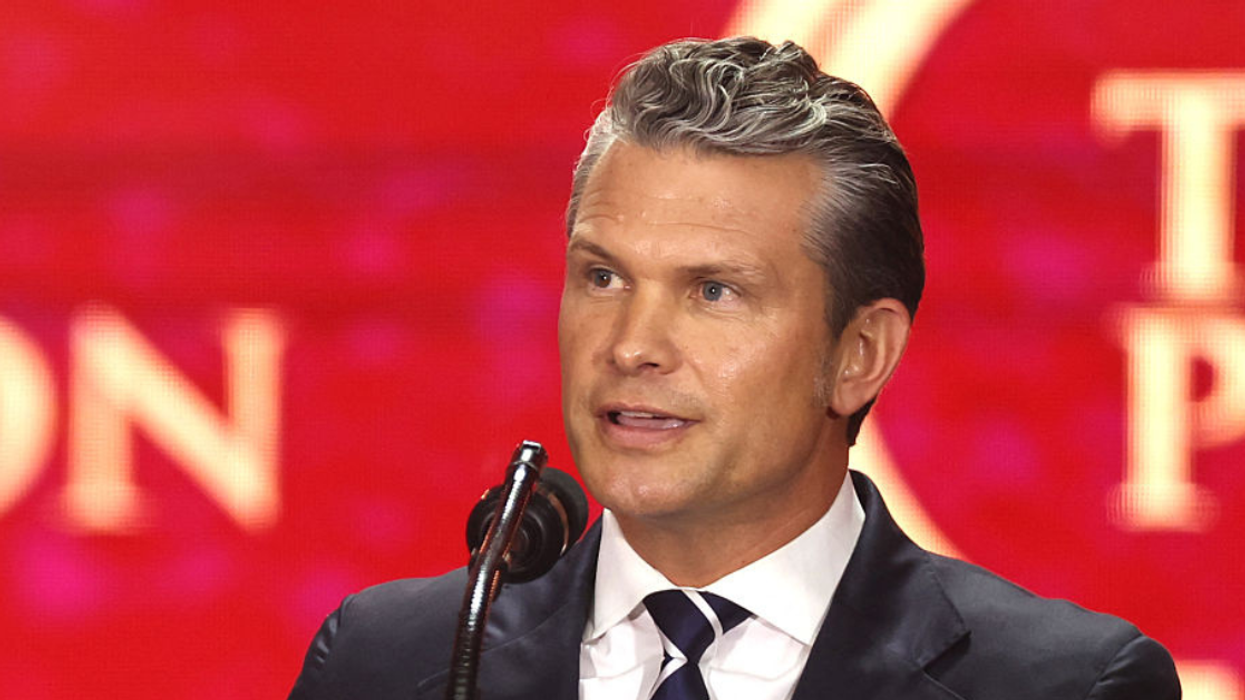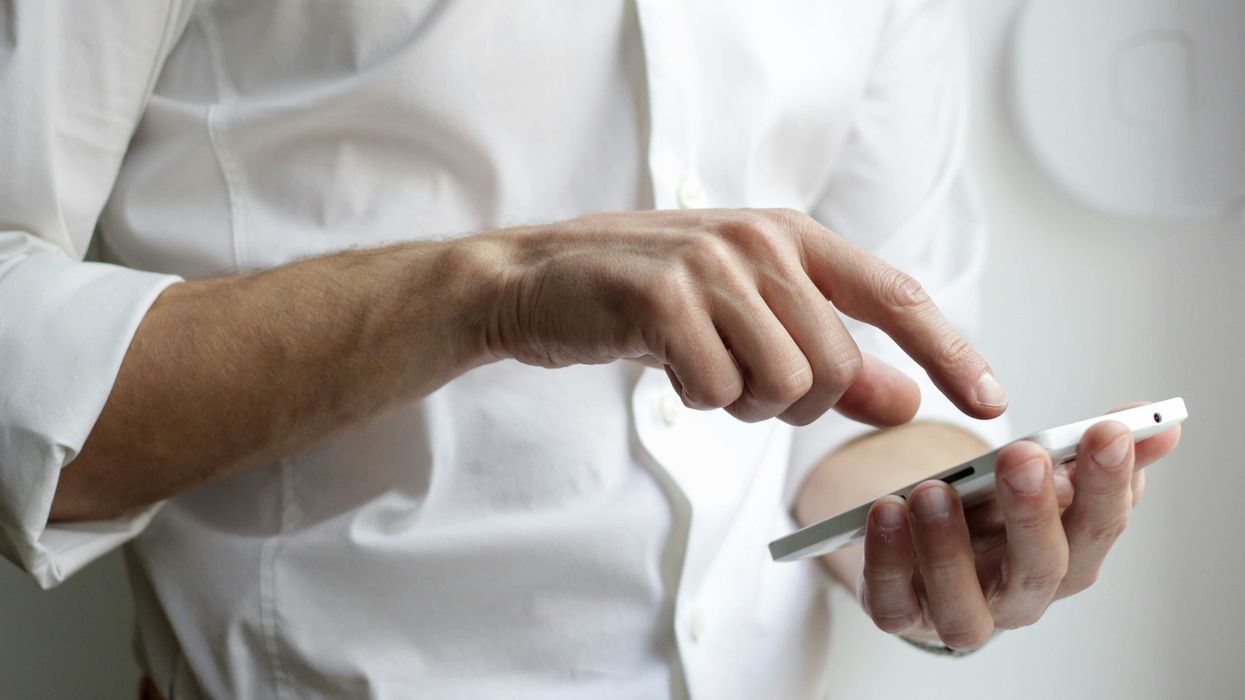Researchers at the University of Missouri at Columbia have published a study suggesting that binge drinking may have detrimental effects on human sleeping patterns.
Published last month in the Journal of Neurochemistry, the study fed alcohol to adult mice to determine why and how binge drinking effects sleep.
According to the Centers for Disease Control and Prevention, binge drinking "happens when men consume 5 or more drinks or women consume 4 or more drinks in about 2 hours." The CDC also says that most people who binge drink are not alcohol-dependent.
But, according to the study, one need not be dependent to experience the negative effects of binge drinking.
"We used adult male C57BL/6J mice and exposed them to a single, four‐hour session of binge alcohol self‐administration," the study states, "in stress‐free environment, to examine neuronal mechanisms affecting sleep."
When the mice were allowed to consume alcohol on their own terms, they "consumed alcohol in a binge pattern." During the periods of binge drinking, the mice experienced a "significant increase in non‐rapid eye movement (NREM) sleep" in the four hours following the drinking session.
This suggests that consuming large amounts of alcohol in a short period of time disrupts the stage of sleep responsible for dreaming, which is considered to be the most important stage of sleep.
Mice that binged on booze were found to have no increase in "cortical theta power and basal forebrain adenosine levels," which are the desire to sleep and neurochemical that promotes sleep.
And while using mice isn't an exact parallel to their human counterparts, the study found that binge drinking suppressed "expression of equilibrative nucleoside transporter 1 (ENT1)," which delivers adenosine into brain cells.
"These results suggest that binge alcohol consumption‐induced downregulation of ENT1 expression may disrupt sleep homeostasis and cause sleep disturbances," the study said.
"If you binge drink, the second day you will feel sleep deprived and will need to drink even more alcohol to go to sleep. It is a dangerous cycle," Dr. Mahesh Thakkar, lead author of the study and professor and director of research in the University of Missouri School of Medicine's Department of Neurology, explained in a statement. "How can we stop this cycle or prevent it before it begins? To answer that question, we need to understand the mechanisms involved."
Thakkar's research indicates that alcoholics may experience chronic sleep disruption, a direct result of consuming excessive amounts of alcohol.
"What we have shown in this research is that a particular gene—which is very important for sleep homeostasis—is altered by just one session of binge drinking," Thakkar added. "We were not expecting this. We thought it would be affected after multiple sessions of binge drinking, not one. That tells you that as soon as you consume four drinks, it can alter your genes."
Dr. Ivona Bialas, a senior lecturer at the Brighton and Sussex Medical School, issued a warning about alcohol consumption and its potentially harmful effects.
"The results, if they can be replicated, are astounding," Bialas told Newsweek. "They highlight the huge impact even small amounts of alcohol have on sleep."
"Sleep is hugely important in mental and metabolic health so it would be interesting if some of the adverse effects of alcohol were mediated via sleep. If even a single binge regulates genes via epigenetic effects we would have to look again at our safe alcohol limits advice with vulnerable people for example pregnant women, and young adults, etc."
"Poor sleep over time is a killer [due to metabolic effects], interferes with your ability to concentrate, think properly and function even the day after a few drinks," she said.

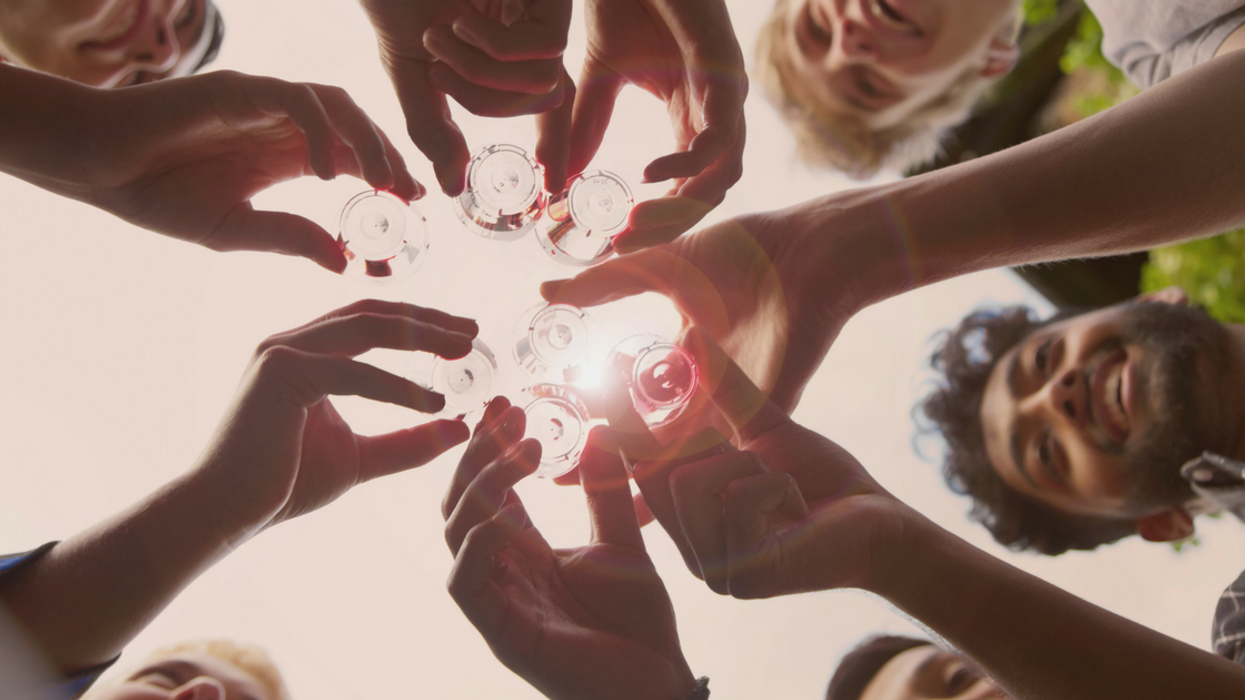


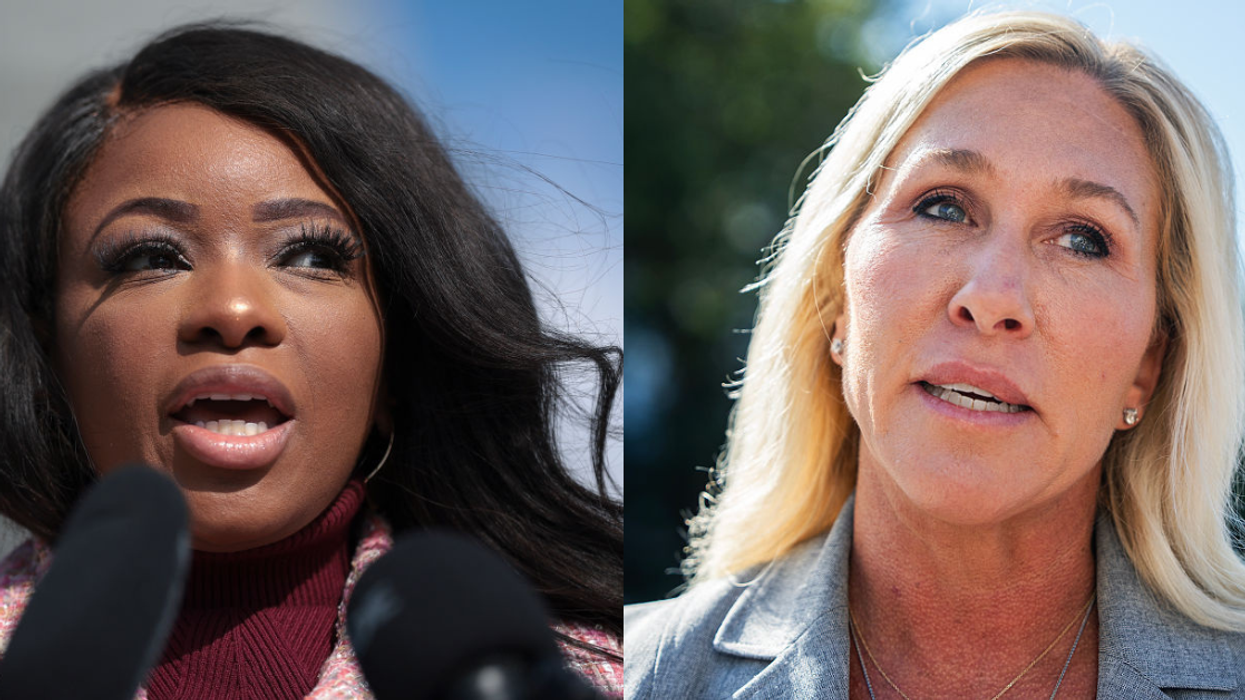



 @GovPressOffice/X
@GovPressOffice/X
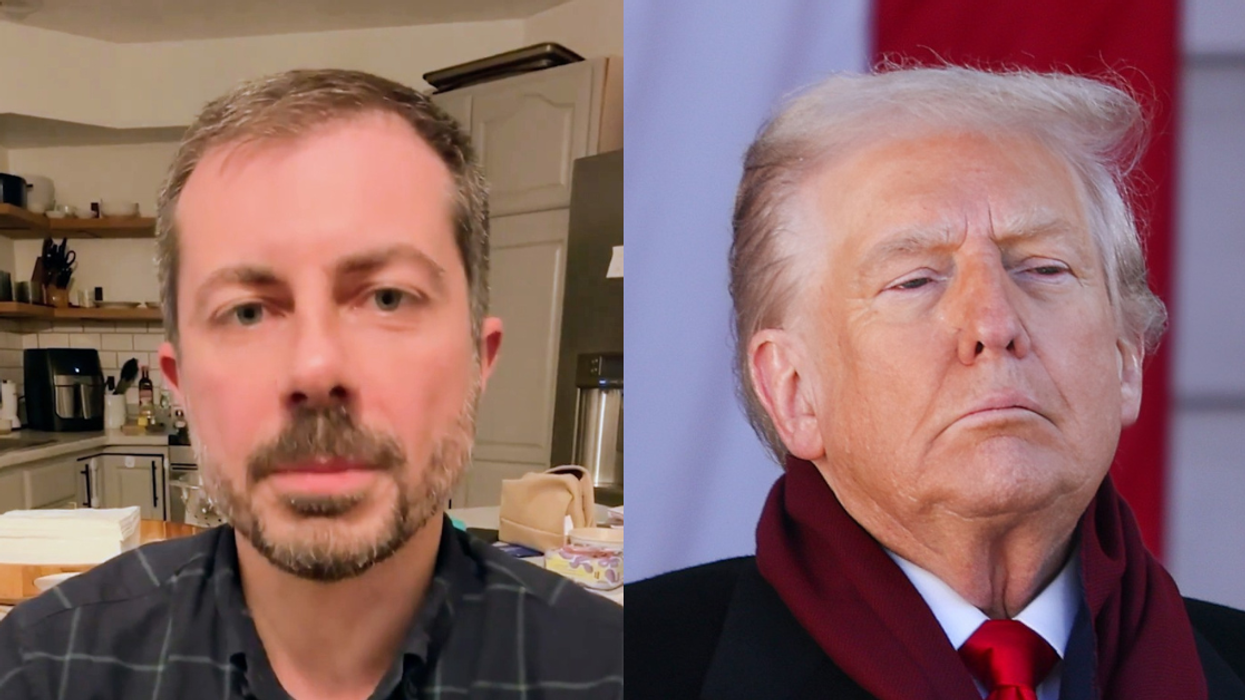
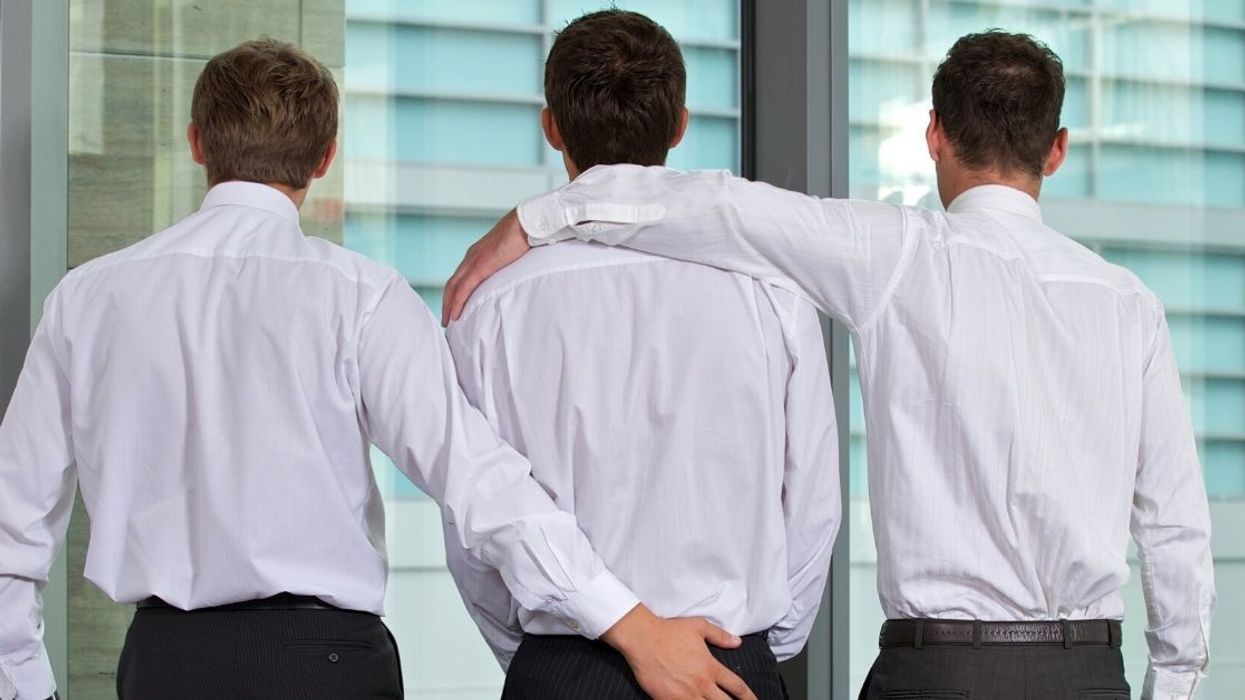
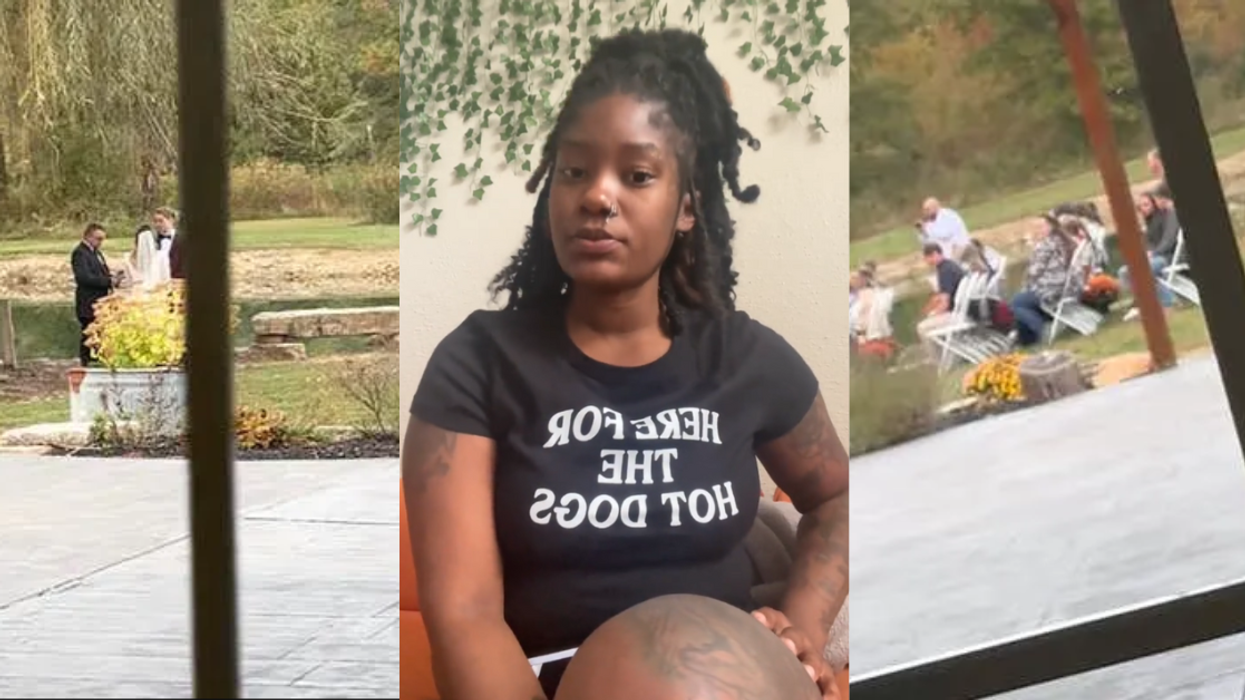



 @realDonaldTrump/Truth Social
@realDonaldTrump/Truth Social